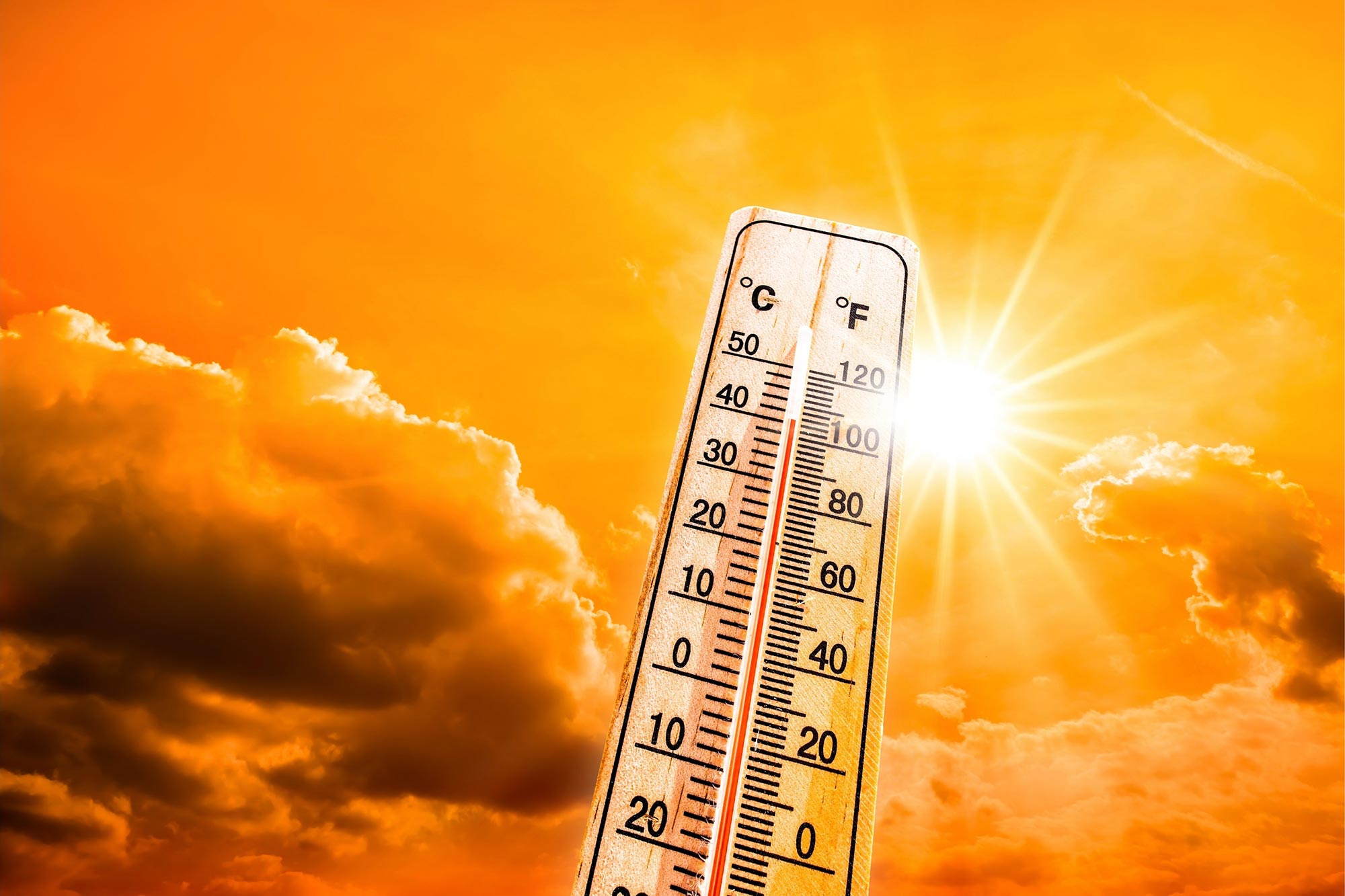
Due to the warning by the Nigeria Meteorological Agency of prolonged heat waves in the country, with temperatures reaching 39 °C in the south and 41°C in the north, the Federal Ministry of Environment hereby issues the following information and advisory to cope with the heat stress:
What is heatwave
A heatwave is a prolonged period of excessive heat, often combined with excessive humidity. It is a natural weather phenomenon caused by warm air being trapped in the atmosphere, however, it is increasing in intensity and frequency due to climate change.
Consequences of Exposure to Heat Waves:
Exposure to heat waves can pose serious health, social, environmental and economic risks. Infants, children, pregnant women and the elderly are
especially vulnerable to heat stress. Some common symptoms of heat stress are dry lips/sticky mouth, excessive thirst, weakness/dizziness, nausea/vomiting, heat rashes, mild fever, confusion, fainting, very high body temperature for longer than 2 hours (40 °C), no urination in more than 8 hours/dark urine, rapid heartbeat and breathing.
How to cope and stay safe with heatwaves
A. Be prepared
Plan your outdoor activities to avoid unnecessary exposure to the heatwaves.
Keep an emergency kit at home that contains oral rehydration salt (ORS) packets, a thermometer, water bottles, towels or cloths to wet for cooling, and a handheld fan with batteries.
Know how to get help. Note down the contact information for the nearest health care provider or ambulance/transport services.
B. Keep Your Home Cool
When possible, close the curtains during the hottest parts of the day and open windows at night time to cool down the house.
Use a fan or air conditioning, if available.
C. Stay Out Of The Heat
Do not go outside during the hottest times of the day if you can avoid it. Try to arrange your activities earlier or later in the day when it is cooler.
When outside, wear sunscreen and try to stay in the shade or use hats and umbrellas for protection.
Never leave anyone in a parked and closed vehicle.
D. Stay Cool And Hydrated
Drink water at regular intervals before you are thirsty.
Wear light and loose-fitting clothing. Cotton is ideal during hot days to help reduce heat rashes and absorb sweating. Similarly, cotton bed sheets are recommended over non-breathable materials.
Carry a water bottle and a small towel, so you can hydrate and cool down by placing a wet towel on your neck.
Stay in cool places, spots in the shade or places with air conditioning.
Reduce physical activity and avoid participating in outdoor sports in the central hours of the day.
Avoid drinks that contain caffeine, alcohol or sugar.
Eat light (fruits, vegetables) and reduce high-fat foods.
E. Tips for infants, children and pregnant women
Do
Don’
Infants And Children
DO check regularly if your child is thirsty, sweating, feeling hot, vomiting, has a dry and sticky mouth, or experiencing headaches. If your child is not responding properly, has a high fever, is dizzy or is breathing fast, take them to the health facility immediately.
DO make sure that your child is clothed loosely – this can help prevent heat rashes and becoming too hot.
DO check that your child is well hydrated. They may not know what dehydration and heat stress feel like. Breastfeed infants under 6 months exclusively. Breastfeeding mothers should drink plenty of water as dehydration can affect breast milk production. Children aged 6 months and over should drink water regularly throughout the day.
Pregnant women
DO schedule medical visits and any tasks for when it is less hot in the day to prevent exposure to yourself and your unborn baby.
DO sleep in cooler areas, such as on the lower floors of the building, when possible.


